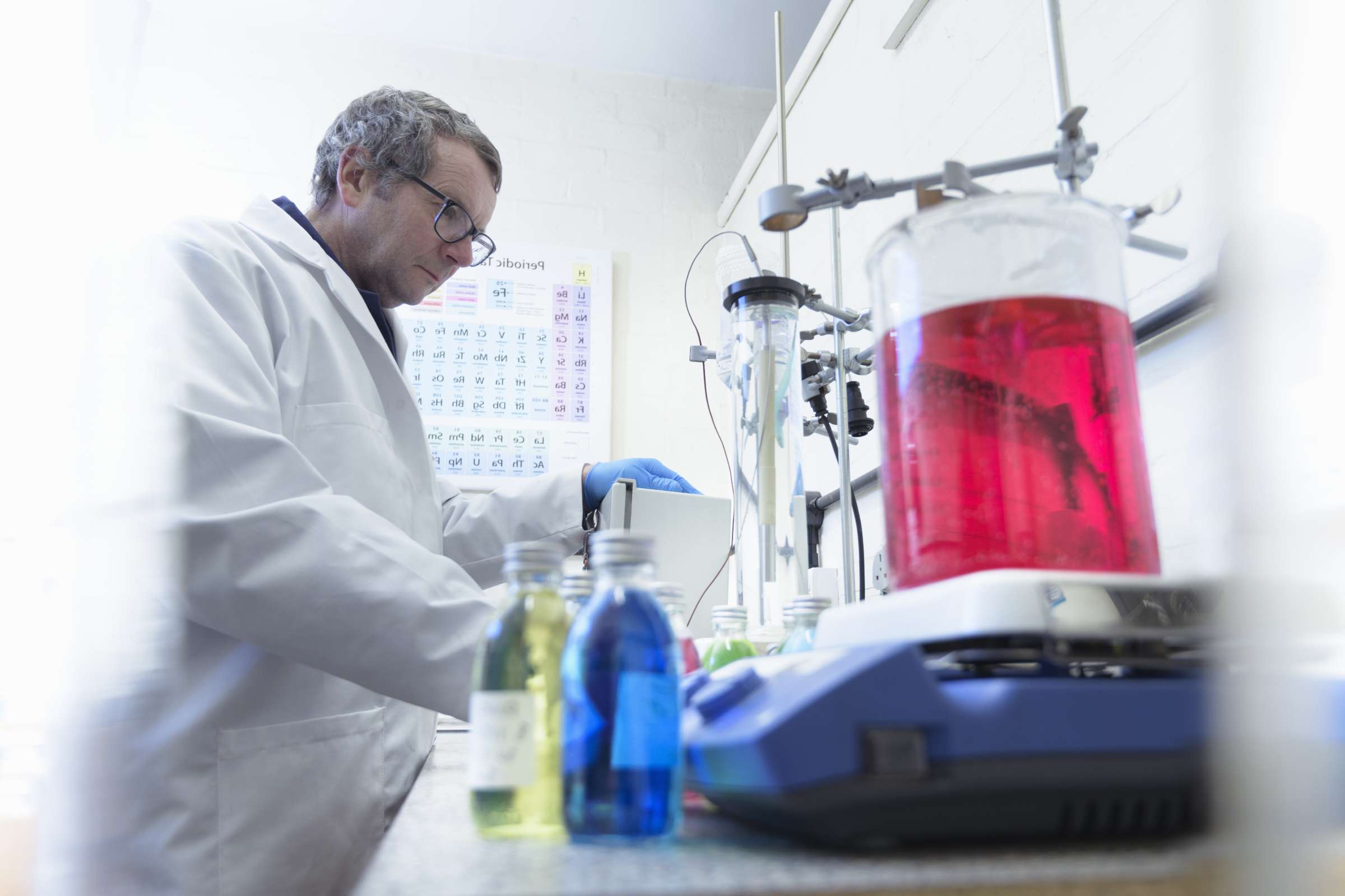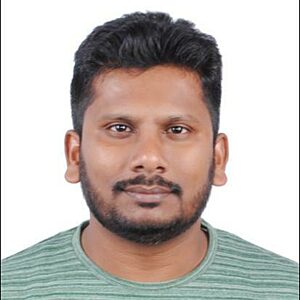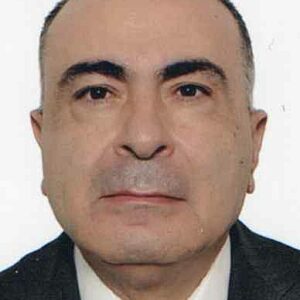Advanced Process Control Chats: Polymer Industry
A Conversation with Our Team of Experts
Our latest Viewpoint series continues as we highlight members of our advanced process control (APC) team. Learn more about how we help chemical companies harness digital solutions to bring products to market more profitably and sustainably.
Our Interviewees
Seyed Masood Abdulrasak is model predictive control (MPC) solution consultant who holds a master’s degree in chemical engineering and has nearly two decades of experience in the industry. He started his work in the process and production fields and later moved to the advanced process control field. This combination of experience in process, production and process control allows him to effectively serve our clients. His favorite part of the job is solving real-time process control problems to improve the overall productivity of the process industries.
Jean Younes has been with Rockwell Automation since 2015. He has a Bachelor of Science degree in mathematics and computer science and has over 20 years of software sales experience in various disciplines including Advanced Process Control (APC), Process Simulation and Asset Performance Management.
What are the key challenges you typically face in your role as an engineering consultant?
Normally we face loss of time getting quality data from the clients and the quality time from the client resources during the APC benefit/feasibility study. Sometimes due to market conditions, we might struggle to justify the business case for the APC projects.
What are the most important skills and qualities for success in your role?
Process and process control knowledge is the key to speaking to clients in their language. This will create trust in us from the client. This can include coming prepared with materials like PowerPoint Presentations and writeups to support the presales activities. It’s also important to have presentation skills to present the findings and potential benefits of a study in a convincing manner to clients.
Most importantly, we set the proper expectations from the solution to avoid any disappointment from clients.
When you meet with a client, walk us through how you approach a problem
- We listen to the client to understand the pain points or problems they are facing. Based on those conversations, we confirm if MPC is the best solution to solve that problem. If a MPC solution is feasible, we map out the potential benefits possible from the solution - this is the qualifying step for us.
- If the customer wants to see the benefit evidence, we will conduct a study to calculate the potential benefits. At the end of the study, we provide the report that will act as a justification for investment.
- We provide a proposal with the solution cost and return on investment details.
What are some trends you’re seeing in the industry?
More and more companies are wanting digital solutions to improve their energy efficiency, productivity and yield. Sustainability is also a key topic nowadays.
In the polymer industry, the current market conditions are not supporting the throughput maximization. Clients are interested in yield improvement and waste minimization from efficient quality control and better grade transition solutions. Feedstock optimization and energy efficiency are also part of the objectives for some clients.
Clients are often looking to achieve more control so they have more consistent quality and transition management. How do you approach a new project with that in mind and deal with clients often looking at the symptoms and not identifying the long-term problem to properly identify a sustainable and efficient solution?
In the polymer industry, the following are the major control objectives:
- Throughput maximization
- Improved quality control
- Reduce the grade transition time
- Stabilize the Reactor controls
During a new project, we try to identify the potential benefits from improving control objectives and the value that will bring to the plant, hence ensuring the sustainability of the APC solution.
What sets Kalypso apart in the market when it comes to license modeling and our installation approach?
In our EMEA region, mainly in the Middle East, customers have a preference for a perpetual licensing model vs subscription-based model. The subscription model is typically for a five-year period with an option to renew. If not renewed on time, the customer's MPC application is cut-off. In many cases, renewals come with a higher price than the previous period. With our Pavilion8 MPC perpetual licensing model, customers are able to better calculate their total cost of ownership - over 10 years at least - as recurring software support fees are known in advance.
Regarding the installation of these solutions, the user should download the software or the new revisions/versions and proceed by using the installation guide. However, in some cases, it's helpful for customers to bring in a knowledgeable team like we have at Kalypso to support the completion of this activity.
To succeed, polymer companies must prioritize sustainable operations and regulatory compliance, and mitigate fluctuating raw material costs and supply chain disruptions. Technology advancements in IT and OT, and their convergence enable a digital thread, which unlocks opportunities to overcome these challenges, and drive innovation and performance improvements. Interested in learning more? Reach out to our team.


